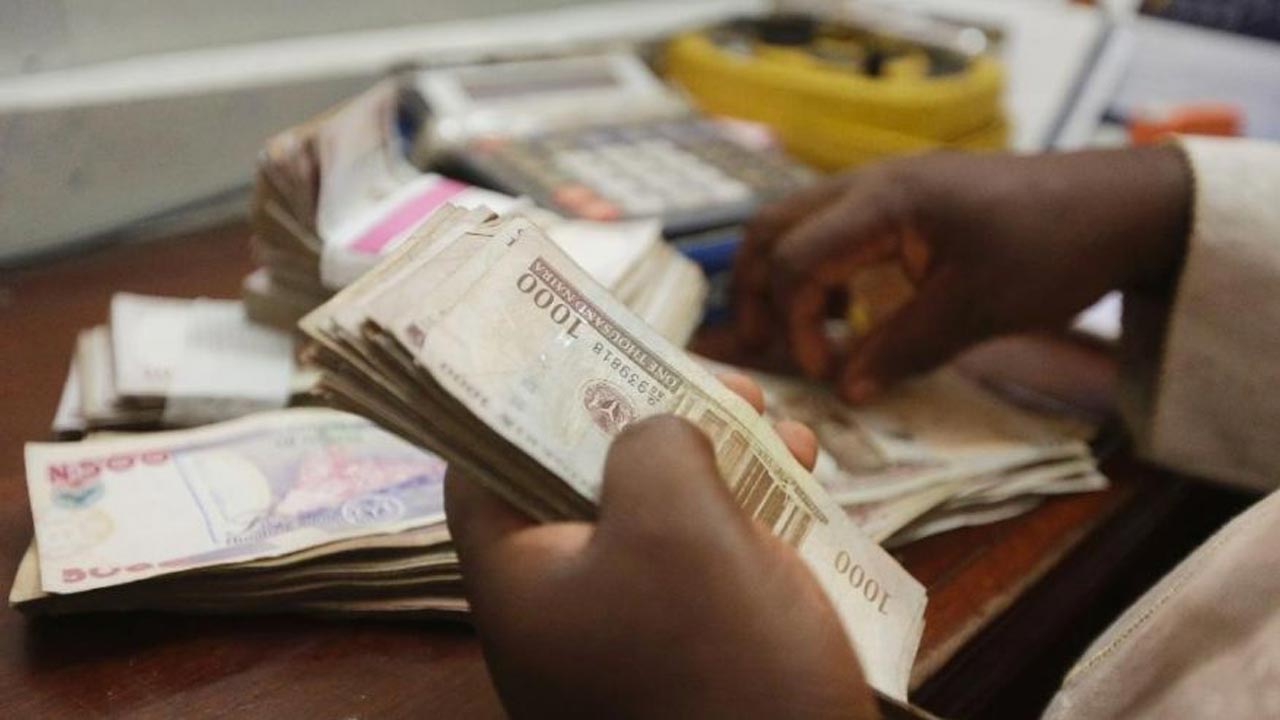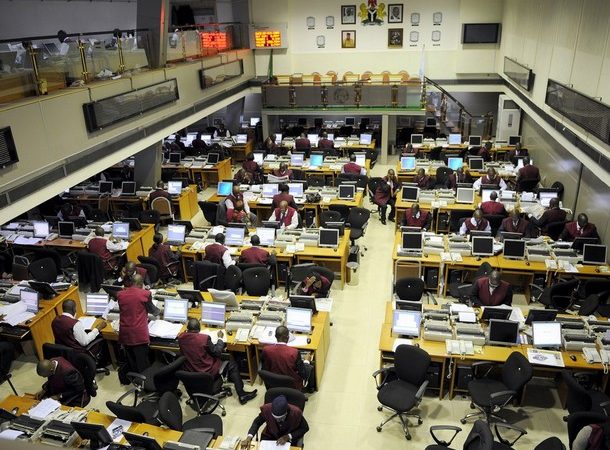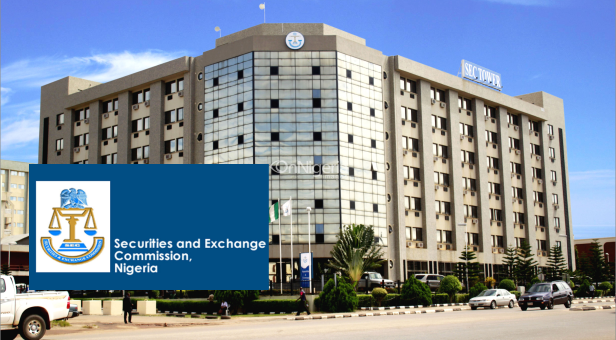Ahead of the country’s independence anniversary on Oct. 1, Nigerian capital market operators have identified some highs and lows of the market as the nation turns 59.
They spoke in separate interviews with the News Agency of Nigeria (NAN) on Saturday in Lagos, while reviewing Nigeria’s capital market performance over the years.
Prof. Sheriffdeen Tella, Professor of Economics, Department of Economics, Olabisi Onabanjo University, Ago-Iwoye, Ogun, said that the country’s capital market development and activities had been affected by macroeconomic instability.
Tella, who observed that the capital market had come a long way in terms of development and operations, said that economic instability remained a major threat to the sector.
“Naturally, development of and activities on a nation’s capital market are often affected by macroeconomic activities and stability of the nation, including ability of the country to withstand external shocks.
“The Nigerian economy is quite weak as it still depends largely on primary sector for exports and corresponding income, which are externally dependent.
“So, lack of growth and economic instability of the nation affect the efficiency and effectiveness of the market, just as the underdeveloped private sector.
“Nigerians are not only risk averse but generally lack deep knowledge of capital market and its activities.
“The capital market needs to be continually innovative and dynamic to attract more patronage and participation,” Tella said.
According to him, listing requirements can be revised regularly.
He noted that the Securities and Exchange Commission (SEC) and the Nigerian Stock Exchange (NSE) managements need to approach businesses to list on its market.
Tella also called for more enlightenment of the private businesses and the public on benefits of being involved in the capital market.
Mr Sola Oni, Chief Executive Officer, Sofunix Investment and Communications, told NAN that unstable macroeconomic environment, nurtured by uncertainty in the political and economic space remained a major drag to market rebound in Nigeria.
“The market has faithfully continued to serve as a barometer that gauges the economy.
“Nigeria’s economy is characterised by sluggish growth while insecurity and weak economic fundamentals, among others have further worsened the precarious nature of the market.
“This is not peculiar to Nigeria; trade tension between the U.S. and China is taking tolls on the world economy; this has dire effects on the operations of emerging markets.
“The emerging markets in which Nigeria is a member are characterised by high volatility and high returns while they provide diversification opportunities for investors in developed markets,” Oni told NAN.
He noted that the Federal Government’s lethargic approach towards utilising the market remains an elephant in the house.
Oni said that the market was grossly undervalued across the board as investor apathy continued to deepen by the day.
“Investors are still apprehensive of macroeconomic instability and inclement operating environment.
“This partly explained the prolonged downward trend on the Exchange.
“Aside from mega listing of MTN and a few others, there is abysmal dearth of new listing.
“Government is crowding out equity investors as monetary policy favours investment in fixed income,” he stated.
Oni, however, urged the new Economic Advisory Council (EAC), headed by Prof. Doyin Salami, to conduct a clinical review of all policies that would impact on market growth and development for effective implementation.
He explained that EAC’s engagement should focus on how to fix the economy with multiplier effects on global competitiveness of the market.
According to him, the Nigerian capital market remains a major hub by which the country can serve as an investment destination.
Oni said that in spite of the challenges, there was hope on the horizon, considering initiatives put in place by market regulators to scale up activities.
“There is a more effective and efficient regulatory approach with the deployment of Information and Communications Technology (ICT) by SEC and NSE to operationalise their services.
“Market monitoring, enforcement of rules and ease of exchange of information between the regulators and other stakeholders in the ecosystem have been upscaled,”he said.
Oni added that the arrival of the Lagos Commodity and Futures Exchange (LCFE), NASD and FMDQ Securities Exchange had further diversified the market.
“They have created multiple sources of transaction for the stakeholders in the capital market ecosystem. The future is bright,” he stated.
Mr Moses Igbrude, Publicity Secretary, Independent Shareholders Association of Nigeria (ISAN), told NAN that the capital market could not be isolated from the general economy.
Igbrude said the nation’s economy had been facing challenges occasioned by insecurity, power, lack of infrastructure, multiple taxation and policies inconsistencies, among others.
The ISAN Secretary said that many companies had folded up due to high cost of production which made them noncompetitive.
According to him, the government, as a matter of urgency, should address the issue of power to make the country competitive in ease of doing business.
Igbrude called on SEC and NSE to partner with the federal government to address multiple taxation and illegal collection of taxes by touts going on in the country.
He also stressed the need for tax incentives to encourage more listing on the nation’s bourse.
“SEC and NSE should also put a very good advocacy programme in place to encourage and awaken Nigerians’ interest in the capital market to reduce dominance of foreign investors,” Igbrude said.
He said that this would boost local participation in the market and as well enable local investors to absorb shares offloaded by foreign investors any time there was perceived economic instability.




